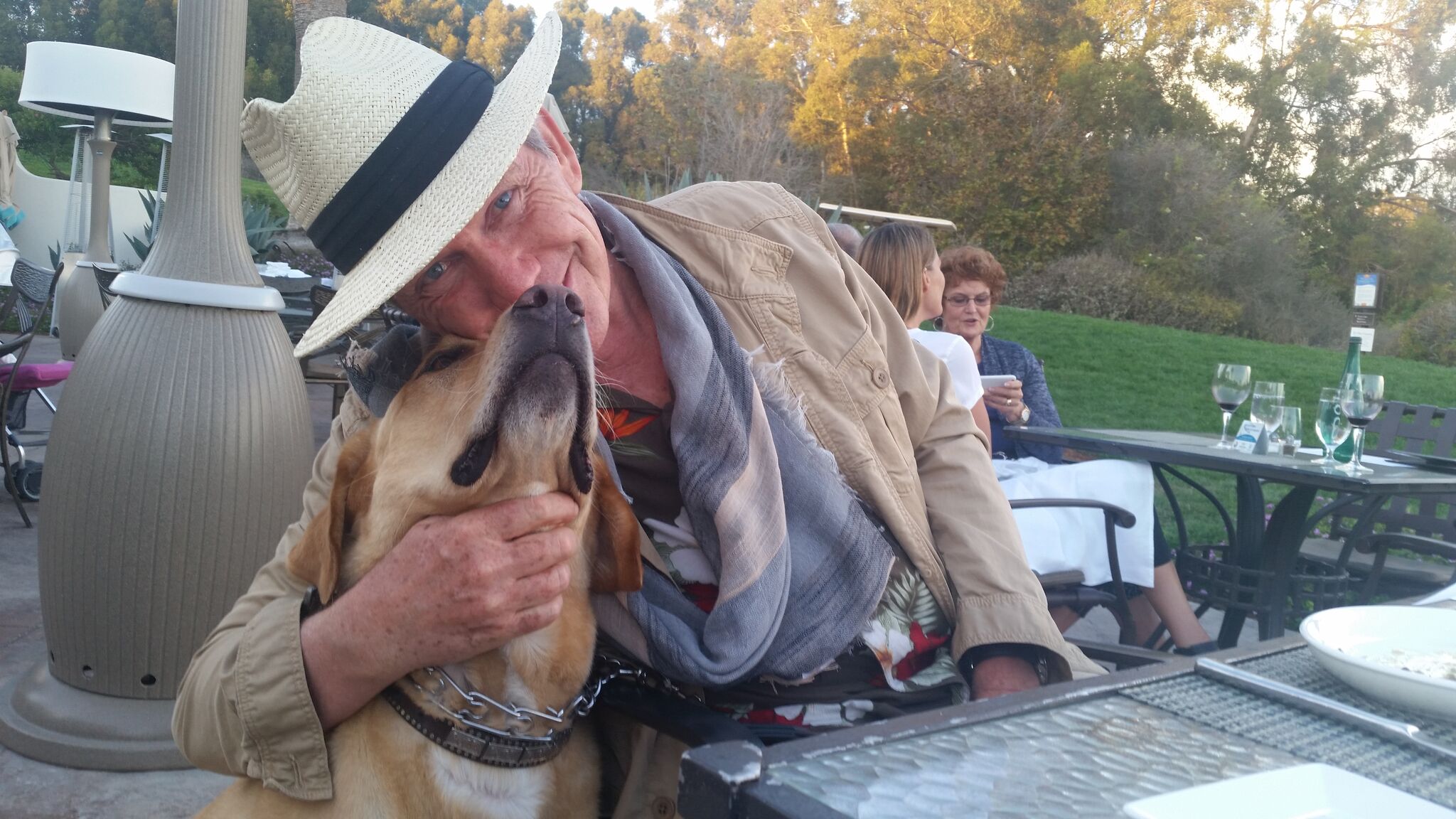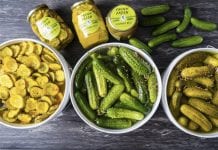by Heather Clisby Second Chance Ranch courtesy of BlogHer

The latest product to land on my radar is a computable toothbrush, apparently “the first of it’s kind in the United States.” Their press release claims that “some 450 million plastic toothbrushes make their way to landfill nationally” which sounds like too many to me. Created by World Centric (based in Palo Alto, CA), the dental device is plant-based, made from a corn resin called Ingeo, a trademarked name for NatureWorks LLC’s synthetic fiber. Additionally, these products take less energy to produce than petroleum-based brushes so that’s a plus. (Cost: $4.55, sold at some Whole Foods and natural grocery stores and on their site.) www.worldcentric.org
Evidently, the toothbrush (and accompanying case) are “certified compostable by the Biodegradable Products Institute (BPI)“, an organization I had never heard of until now. But this product, and others like it, are opening up a whole host of concepts and questions that are part of this brave new green world. For example, one of my fellow editors asked the obvious: “What’s to keep it from composting in your mouth?”
Ewwww. Good question. I’m told that the product would not compost, for example, in the backyard compost pile or even in the landfill, it needs to be processed in a commercial compost facility. So, after 3-6 months of use, consumers would send the brush back to the company (via a prepaid envelope) and they take care of the rest.
Furthermore, the bristles are made of nylon so the brush is not 100% compostable but I’m told the “industry is working on it.” In Beth Terry’s review of plastic-free toothbrushes, she found one that uses pig hair for bristles but alas, it is no longer available in the US.
I’d love to hear from consumers who have experience – good or bad – with compostable products. In general, I applaud any company who is taking a crack at tackling the waste issue; it’s a step forward and hopefully, an economic payoff somewhere down the road.
~Heather














